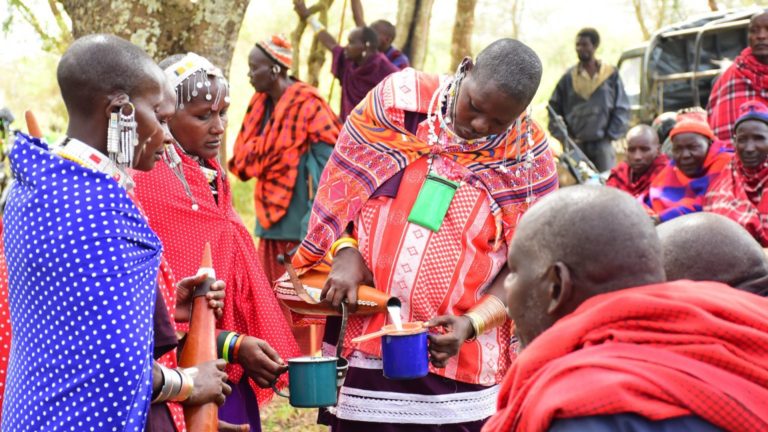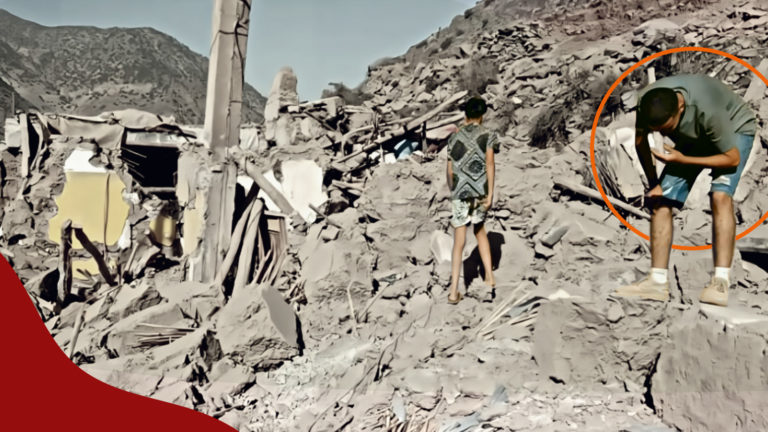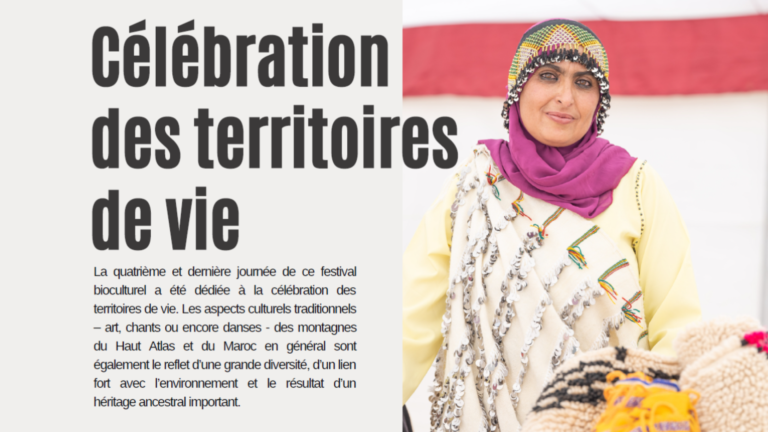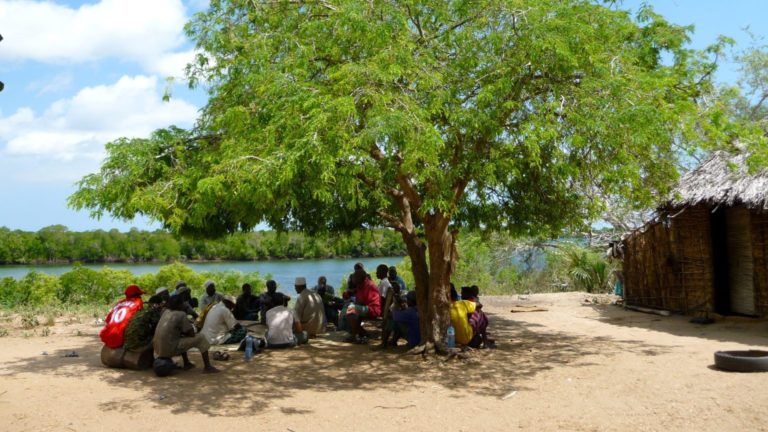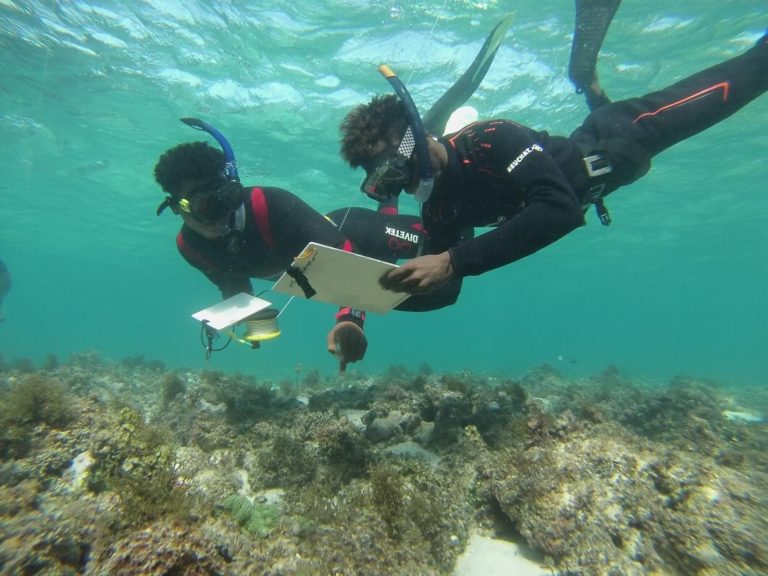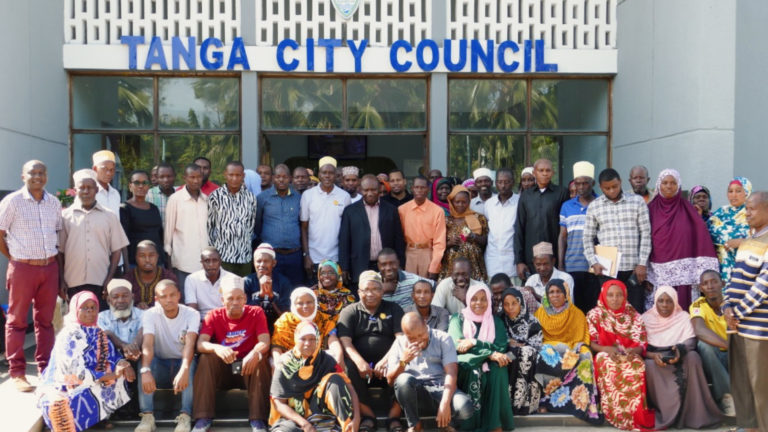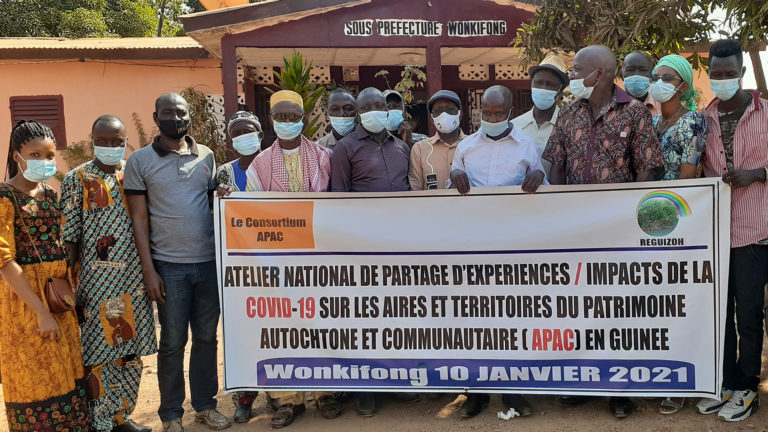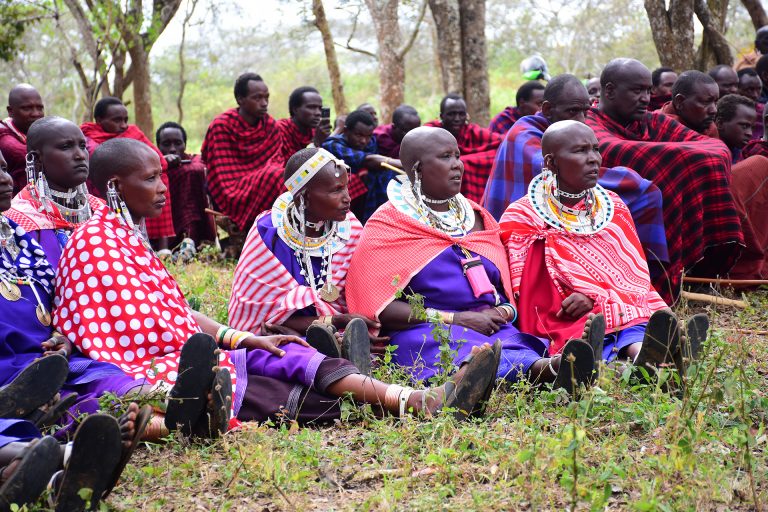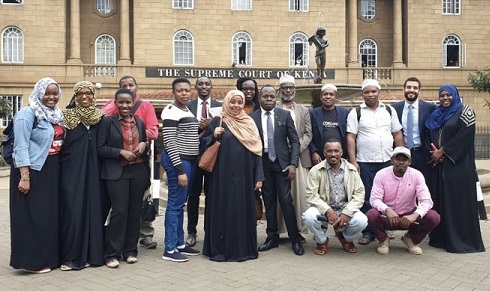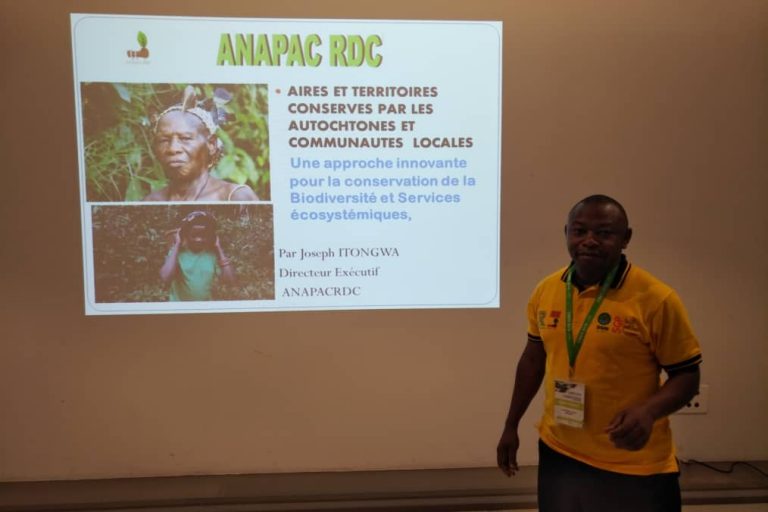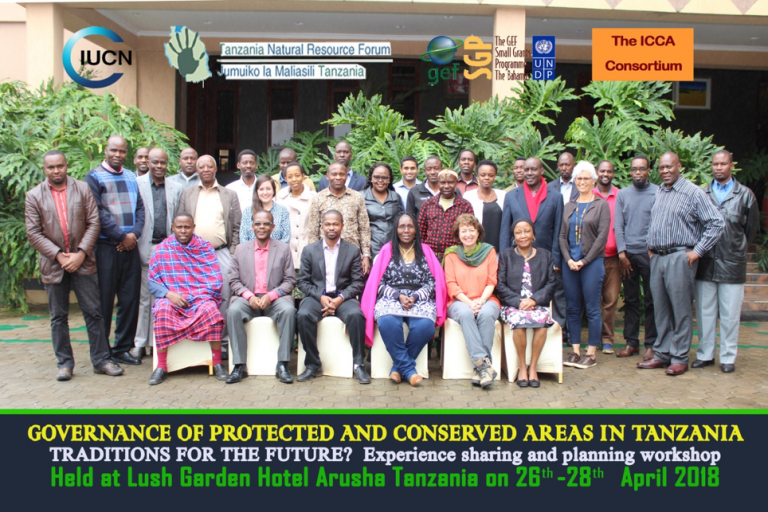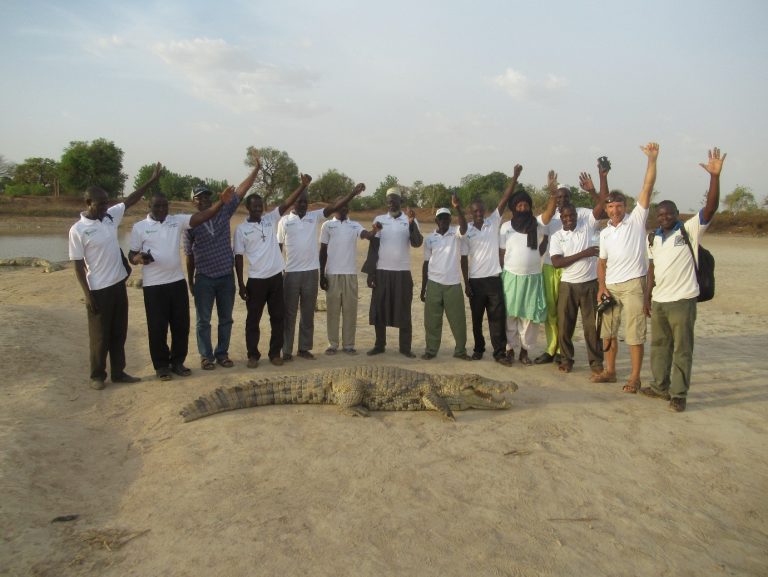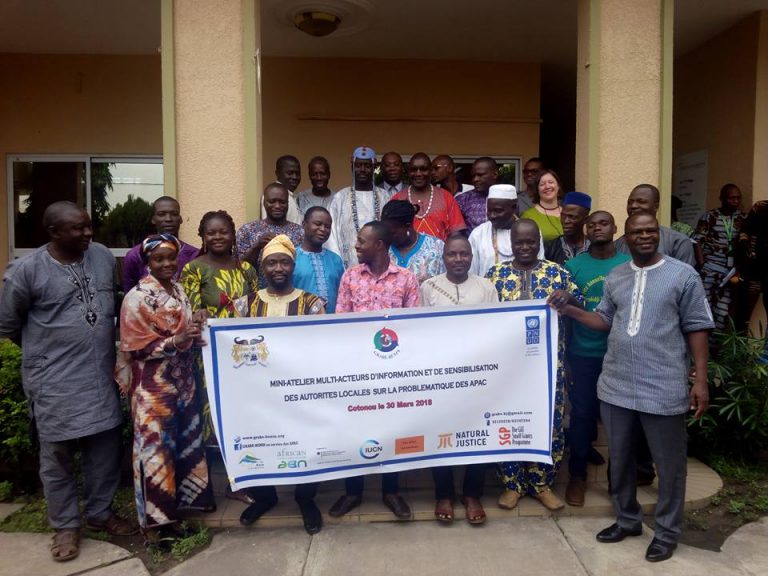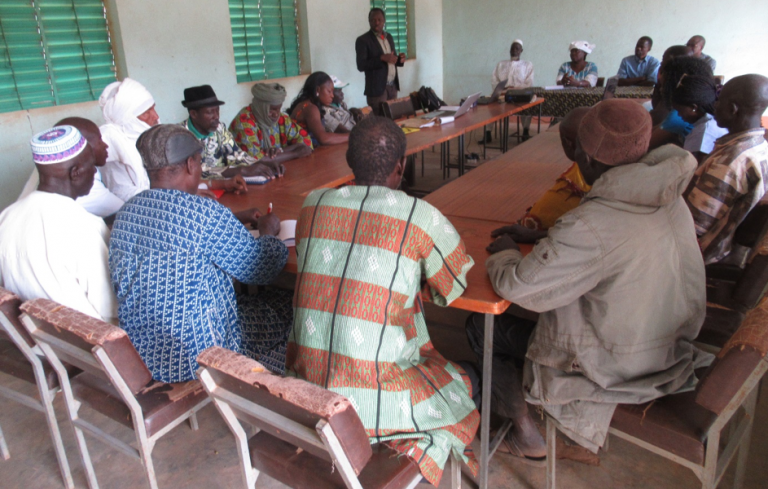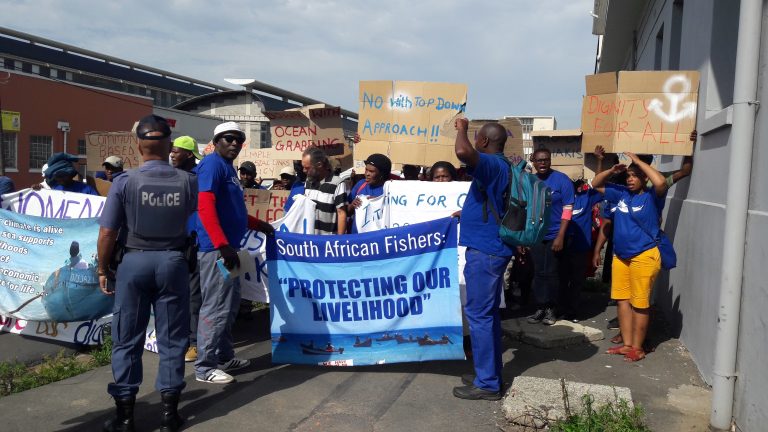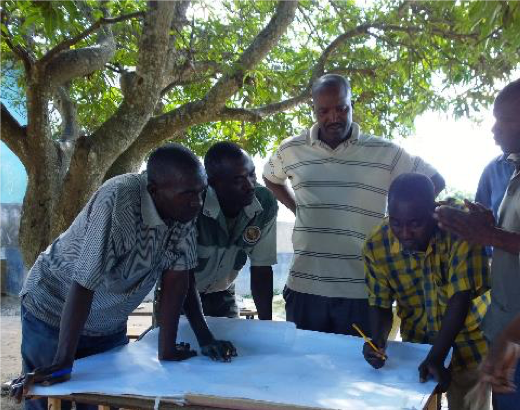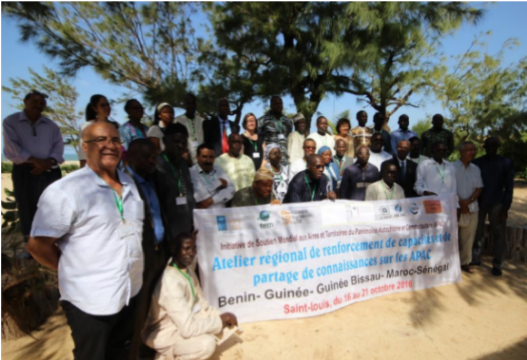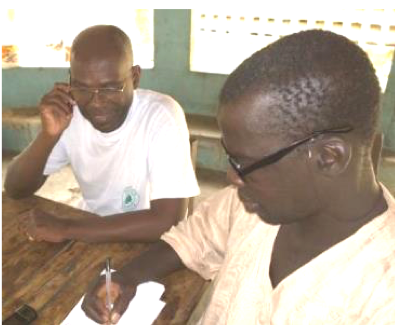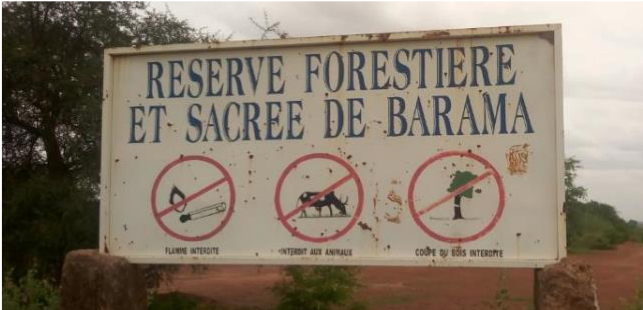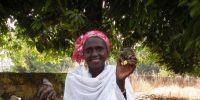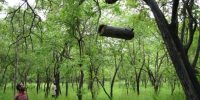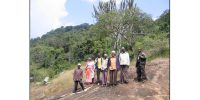While official conservation is dominated by formal state protected areas, thousands of African ICCAs struggle to exist and conserve biocultural diversity in the broader landscape and seascape. Clearly, African ICCAs are threatened.
East Africa: Climate resilience, mental health and human rights in Pastoralist communities
Displacement and evictions have affected pastoralists’ mental health and well-being, thus creating a state of learned helplessness and depression Read more ▸
Help earthquake affected pastoralist communities in the High Atlas region of Morocco
The semi-nomadic pastoralist communities had built and maintained their territories of life—Agdals, over many generations; now they are left in ruins Read more ▸
The natural and cultural heritage of the High Atlas on display at the 2022 edition of the Biocultural Festival in Morocco
In July 2022, the Biocultural Festival of Morocco, organized by the Moroccan Biodiversity and Livelihoods Association (MBLA, ICCA Consortium Member), focused on sustaining territories of life and preserving farmers’ seeds and traditional culinary knowledge. It also emphasized semi-nomadic pastoralists and the Agdals’ contributions to biodiversity conservation. Read more ▸
UNGA Declaration on the Right to a Clean and Healthy Environment and what this could mean for us in Africa
The UNGA Declaration focuses on tackling the three planetary crisis issues: climate change, pollution, and biodiversity loss. This blog by Natural Justice illustrates how the Declaration recognizes that these threats are interlinked and need to be collectively resolved to ensure the realization of the right to a clean, sustainable and healthy environment. Read more ▸
Local diving and ecological monitoring teams bring new hope for marine conservation in Madagascar
Articles illustrate how communities in southwestern Madagascar’s locally managed marine areas have made progress to build their capacity for ecological monitoring and expansion of the marine reserves. These LMMAs are part of the MIHARI Network (ICCA Consortium Member) and are supported by Blue Ventures (ICCA Consortium Member). Read more ▸
Successful locally-led fisheries governance in Tanzania: Communities meet to share lessons learned
Mwambao Coastal Community Network (ICCA Consortium Member) reports from the last annual network meeting and share lessons learned about community-led coastal and marine governance in Zanzibar islands and north-eastern Tanzania. Read more ▸
Community experiences with COVID-19 in French-speaking Africa
Indigenous Peoples and local communities were affected more by strict governmental measures than by the virus in many African countries. Read more ▸
Tanzania: ICCAs see new successes with support from the Global Support Initiative
ICCA Consortium member Tanzania Natural Resources Forum (TNRF) has coordinated thirteen projects under GSI-ICCAs over the last two years to strengthen and support ICCAs. Read more ▸
Great day for Lamu as Tribunal dismisses coal plant license
Kenya’s National Environmental Tribunal handed down judgment on the challenge to the Lamu coal plant license on Wednesday, 26 June 2019. A challenge brought by the communities of Lamu and Kenyan civil society organisations, including Natural Justice, an ICCA Consortium Member. Read more ▸
Les APAC, un modèle innovant dans la conservation de la biodiversité et les services éco-systémiques en République Démocratique du Congo
Une conférence internationale sur la recherche pour la conservation de la biodiversité et les services éco-systémiques dans la Région du Bassin du Congo s’est tenue à Kinshasa, capitale de la République Démocratique du Congo (RDC), du 22 au 24 juillet 2018, sous le haut patronage du Ministère de l’Environnement et du Développement Durable (MEDD) de la RDC, de l’Institut Congolais pour la Conservation de la Nature (ICCN) et de l’Ambassade de la République Fédérale d’Allemagne en RDC. Read more ▸
Supporting and Strengthening ICCAs in Tanzania: Third National Governance Workshop held in Arusha
In the context of the ICCA GSI, a key objective of this workshop was to advance national policy and practice in line with the global awakening of interest in community conserved areas as “other effective area-based conservation measures” (Aichi Target 11) Read more ▸
Formation au Processus de Renforcement Autonome des Communautés Locales dans la Gouvernance de leurs APAC au Burkina Faso
En Avril 2018 les membres du bureau de l’ASAPAC-Burkina Faso ont reçu une formation sur le Processus de Renforcement Autonome (PRA) des communautés locales dans la gouvernance de leurs APAC Read more ▸
Les Gardiens d’APAC du Bénin Renforcent la Coopération pour Faire Face aux Pressions
Le Consortium APAC du Bénin fut constitué en Août 2017, par 30 chefs coutumiers. au nom de l’ensemble de leurs communautés. Un atelier national a eu lieu mars 2018 afin de permettre les apprentissages, les échanges d’expériences, le dialogue et la communication au niveau national.
Read more ▸
L’Association nationale des APAC du Burkina Faso est née!
En décembre 2017 s’est tenue l’Assemblée Générale Constitutive de l’Association nationale des APAC du Burkina Faso (ASAPAC-BF). La rencontre a réuni les représentants de six APAC emblématiques de différentes régions du pays. Read more ▸
Coastal communities and small-scale fishers in South Africa voice their concerns about the exploitation of the ocean economy on World Fisheries Day
OUR OCEANS AND OUR COASTS ARE NOT FOR SALE! This is one of the messages coming from small-scale fishing and coastal communities in South Africa who are voicing their concerns about the government’s approach to Marine Spatial Planning and the exploitation of marine and ocean resources. Read more ▸
Supporting ICCAs in Zambia: setting the cornerstones
By: Vincent Ziba, Regional Coordinator for East and Southern Africa In March 2017, some 30 participants in representation of local communities, civil society, government… Read more “Supporting ICCAs in Zambia: setting the cornerstones” ▸
Elaboration de plans d’action nationaux pour les APAC en Afrique de l’Ouest
Par: Christian Chatelain, co-coordinateur pour l’Afrique francophone L’association casamançaise KABEKA, avec l’appui du PMF-FEM de Dakar et du Consortium APAC ont organisé à Saint… Read more “Elaboration de plans d’action nationaux pour les APAC en Afrique de l’Ouest” ▸
Kabeka part à la découverte des APAC au Sénégal !
Par: Salatou Sambou, Coordinateur pour les écosystèmes marins et côtiers en Afrique de l’ouest L’Association KABEKA (KAmalor BE KAfankante — « Se concerter pour… Read more “Kabeka part à la découverte des APAC au Sénégal !” ▸
Les APAC au Burkina Faso : se préparer à la création d’une organisation nationale
Par: Alexis Kaboré, Président de l’Association NatuDev, Coordinateur du Consortium APAC pour le Sahel et Christian Chatelain, Coordinateur du Consortium pour l’Afrique francophone Au… Read more “Les APAC au Burkina Faso : se préparer à la création d’une organisation nationale” ▸
Two workshops in Tanzania: one on enhancing governance of the national system of protected and conserved areas, and one on understanding and strengthening ICCAs
Two workshops were held back-to back in late March 2017 in Dar es Salaam, Tanzania, gathering civil society, organized communities, government representatives and representatives… Read more “Two workshops in Tanzania: one on enhancing governance of the national system of protected and conserved areas, and one on understanding and strengthening ICCAs” ▸

